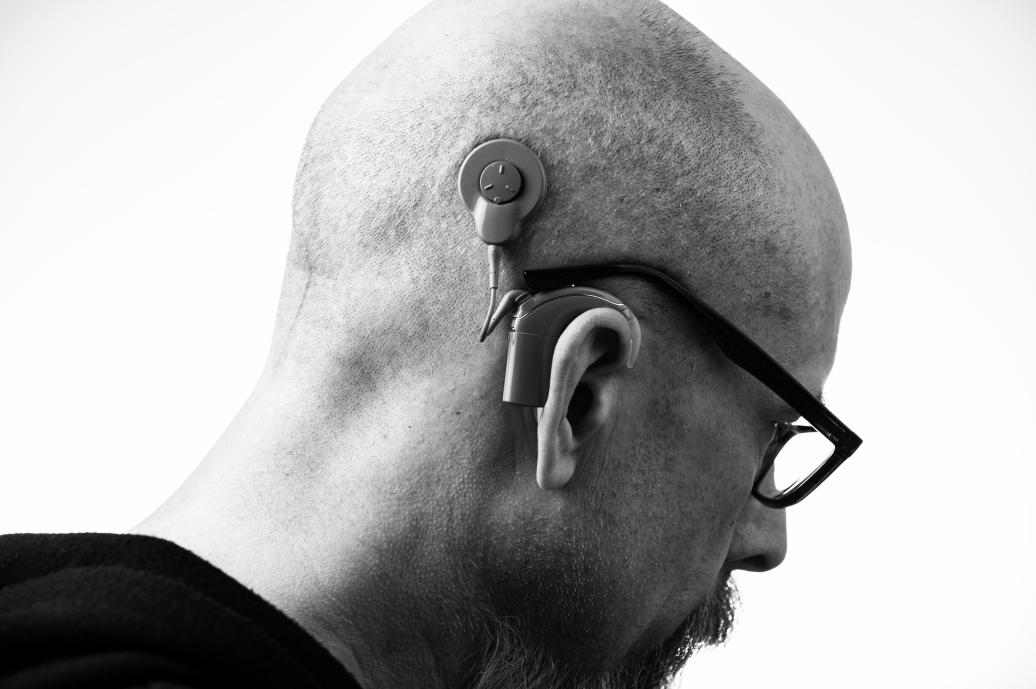Early detection and intervention of hearing issues is crucial for maintaining good overall health. A regular hearing test can help identify problems early and provide timely solutions. We’ll dive into the diverse types of hearing tests available, the costs associated with these tests in Australia, and the growing popularity of online hearing tests. We’ll also address some frequently asked questions to help you better understand the importance of hearing tests.
Table of Contents
Why Are Hearing Tests Important?
Hearing tests are essential for several reasons:
Early detection: Hearing loss can occur gradually, making it difficult to notice until it becomes a significant problem. Regular hearing tests can help identify changes in your hearing ability and prevent further damage.
Overall health: Untreated hearing loss can contribute to various health issues, including cognitive decline, depression, and social isolation [^1^].
Quality of life: Identifying and addressing hearing problems can significantly improve your quality of life, allowing you to communicate effectively and enjoy various social and recreational activities.
Types of Hearing Tests
Let’s discuss each type in more detail:
Pure-tone Audiometry
Pure-tone audiometry is the most common type of hearing test. It measures your ability to hear different frequencies (pitches) and volumes (intensities) of sounds. During this test, an audiologist will play a series of tones through headphones, and you will indicate when you hear the sound.
Advantages:
- Simple and non-invasive procedure.
- Provides information about the degree and type of hearing loss.
- Can be performed on individuals of all ages, including young children.
Limitations:
- May not accurately reflect your ability to hear and understand speech in everyday situations.
- May not detect some types of hearing loss, such as auditory processing disorders.
Speech Audiometry
Speech audiometry assesses your ability to hear and understand speech at various levels of background noise. This test involves listening to spoken words or sentences and repeating them back to the audiologist. The speech recognition threshold (SRT) and speech discrimination score (SDS) are then calculated to evaluate your speech understanding abilities.

Advantages:
- Provides a more realistic measure of your hearing ability in everyday situations.
- Can help identify difficulties in understanding speech due to auditory processing disorders or other factors.
Limitations:
- Requires active participation and may be challenging for individuals with cognitive or language difficulties.
Tympanometry
Tympanometry evaluates the middle ear’s function by measuring the movement of the eardrum in response to pressure changes.
Advantages:
- Non-invasive and painless procedure.
- Can help detect middle ear problems that may contribute to hearing difficulties.
Limitations:
- Cannot diagnose sensorineural hearing loss, which occurs due to damage to the inner ear or auditory nerve.
Otoacoustic Emissions (OAE)
Otoacoustic emissions (OAE) tests check the inner ear’s function by measuring the sound waves produced in response to a series of clicks or tones. Healthy inner ear hair cells generate these sound waves, and their presence or absence can provide valuable information about the status of the inner ear.
Advantages:
- Non-invasive and objective test that does not require active participation from the individual being tested.
- Can help detect inner ear damage even before hearing loss is noticeable.
- Useful for screening newborns and young children who cannot actively participate in traditional hearing tests.
Limitations:
- Cannot determine the degree of hearing loss or identify the specific cause of hearing difficulties.
Understanding the different types of hearing tests can help you make informed decisions about your hearing health. A qualified audiologist can recommend the appropriate tests based on your individual needs and provide guidance on the next steps if any hearing issues are detected. Remember, early detection and intervention are crucial to maintaining good overall health and a high quality of life.
How Much Does a Hearing Test Cost in Australia?
The cost of a hearing test in Australia varies depending on the type of test, the provider, and whether you’re eligible for government subsidies. On average, a comprehensive hearing test ranges from $90 to $250. For eligible individuals, the Australian Government Hearing Services Program can provide free or subsidised hearing tests and devices.
Online Hearing Tests
Online hearing tests have become increasingly popular due to their convenience and accessibility. These tests are typically free and can provide a basic assessment of your hearing ability. However, they should not replace a comprehensive evaluation by a qualified audiologist. To find out more about our online hearing test services, visit Audi Hearing Clinic’s online hearing test.
Conclusion
Regular hearing tests are essential for maintaining good overall health and ensuring a high quality of life. Don’t let untreated hearing issues impact your life. Get in touch with Audi Hearing Clinic today to schedule a comprehensive hearing test and take control of your hearing health.
Frequently Asked Questions
1. How often should I get a hearing test?
It is recommended to have a baseline hearing test at age 50 and every three years after that. If you're experiencing any hearing difficulties or have a higher risk of hearing loss, it's essential to consult with a professional and have regular hearing tests.
2. Can hearing loss be reversed?
Some types of hearing loss can be treated or managed, but it's essential to consult an audiologist for an accurate diagnosis and treatment plan.
3. What are the signs of hearing loss?
Common signs of hearing loss include difficulty understanding speech, turning up the volume on electronic devices, asking people to repeat themselves, and withdrawing from social situations.
4. Can online hearing tests provide an accurate assessment?
Online hearing tests can provide a basic assessment of your hearing ability but should not replace a comprehensive evaluation by a qualified audiologist. Online tests may help identify potential hearing issues, but they cannot diagnose specific hearing problems or provide tailored treatment recommendations.
5. How do I prepare for a hearing test?
Ensure your ears are clear of any wax build-up before the test. It's also helpful to bring a list of any medications you're currently taking and any hearing concerns you may have.

